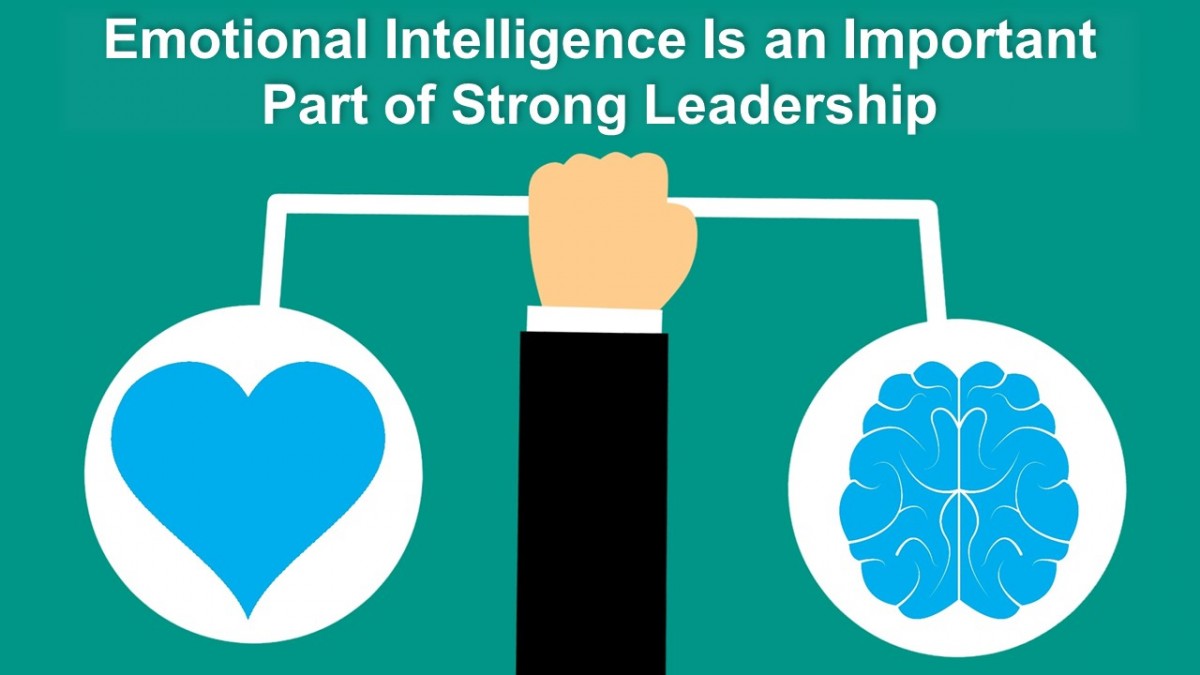Mastering Emotional Intelligence
Emotional intelligence, also known as EQ, is the ability to recognize, understand, and manage our own emotions, as well as being able to recognize, understand, and influence the emotions of others. It plays a key role in effective leadership, as leaders who possess high emotional intelligence are better equipped to navigate the complexities of human interactions and inspire their teams to achieve success.
One of the fundamental aspects of mastering emotional intelligence is self-awareness. Leaders who are self-aware are able to recognize their strengths and weaknesses, as well as understand how their emotions impact their behavior and decision-making. This self-awareness allows them to regulate their emotions and respond to challenging situations in a calm and collected manner, rather than reacting impulsively.
Self-regulation is another important component of emotional intelligence. Leaders who can effectively manage their emotions are better equipped to handle stress, conflict, and other challenges that arise in the workplace. By staying composed and level-headed, they are able to make rational decisions and lead their teams with confidence.
Empathy is also a crucial aspect of emotional intelligence for leaders. Being able to understand and share the feelings of others allows leaders to build strong relationships with their team members, foster a positive work environment, and address the needs and concerns of their employees effectively. Empathetic leaders are more attuned to the emotions of their team members and can provide the support and guidance needed to help them thrive.

Image Source: businessleadershiptoday.com
Furthermore, social skills are essential for effective leadership. Leaders with high emotional intelligence are adept at communication, conflict resolution, and collaboration. They are able to build rapport with their team members, inspire trust and loyalty, and create a cohesive and productive work environment. By fostering open and honest communication, these leaders can establish a culture of transparency and mutual respect within their teams.
In conclusion, mastering emotional intelligence is essential for effective leadership. Leaders who possess high EQ are better equipped to navigate the complexities of human interactions, inspire their teams, and achieve success. By developing self-awareness, self-regulation, empathy, and social skills, leaders can create a positive work environment, build strong relationships with their team members, and lead with confidence and authenticity. Embracing emotional intelligence is the key to becoming a truly effective and inspiring leader.
Leading with Empathy and Insight
Effective leadership goes beyond just making decisions and giving orders. It requires a deep understanding of oneself and others, as well as the ability to connect on an emotional level. This is where leading with empathy and insight comes into play.
Empathy is the ability to understand and share the feelings of others. It is about putting yourself in someone else’s shoes and seeing the world from their perspective. As a leader, having empathy allows you to connect with your team on a deeper level, build trust, and foster a positive work environment.
Insight, on the other hand, is about understanding the underlying emotions and motivations behind people’s actions. It involves being able to read between the lines and pick up on subtle cues that others may miss. With insight, you can better anticipate how your team members will react to certain situations and tailor your approach accordingly.
When you combine empathy and insight in leadership, you become a more effective and influential leader. Here are a few reasons why leading with empathy and insight is crucial in today’s competitive business landscape:
1. Building Trust: When your team members feel understood and valued, they are more likely to trust you as their leader. By showing empathy and insight, you create a safe and supportive environment where everyone feels heard and respected.
2. Enhancing Communication: Effective communication is key to successful leadership. By leading with empathy and insight, you are better able to understand your team members’ perspectives and communicate in a way that resonates with them. This leads to clearer and more productive conversations.
3. Inspiring Motivation: When you show empathy towards your team members, you make them feel appreciated and motivated to do their best work. By demonstrating insight into their emotions and needs, you can provide the right support and encouragement to help them reach their full potential.
4. Resolving Conflicts: Conflict is inevitable in any workplace, but how you handle it can make all the difference. By approaching conflicts with empathy and insight, you can better understand the underlying issues and find solutions that satisfy everyone involved. This leads to a more harmonious and productive team.
5. Driving Innovation: Empathy and insight are also essential for driving innovation within your team. By understanding your team members’ unique perspectives and motivations, you can create a diverse and inclusive environment where new ideas flourish. This leads to creative problem-solving and continuous improvement.
In conclusion, leading with empathy and insight is not just a nice-to-have quality in a leader, but a crucial one for success in today’s fast-paced and competitive business world. By cultivating these emotional intelligence skills, you can build stronger relationships, inspire greater teamwork, and drive positive change within your organization. So, next time you step into a leadership role, remember to lead with empathy and insight to unlock the full potential of your team.
The Importance of Emotional Intelligence in Leadership